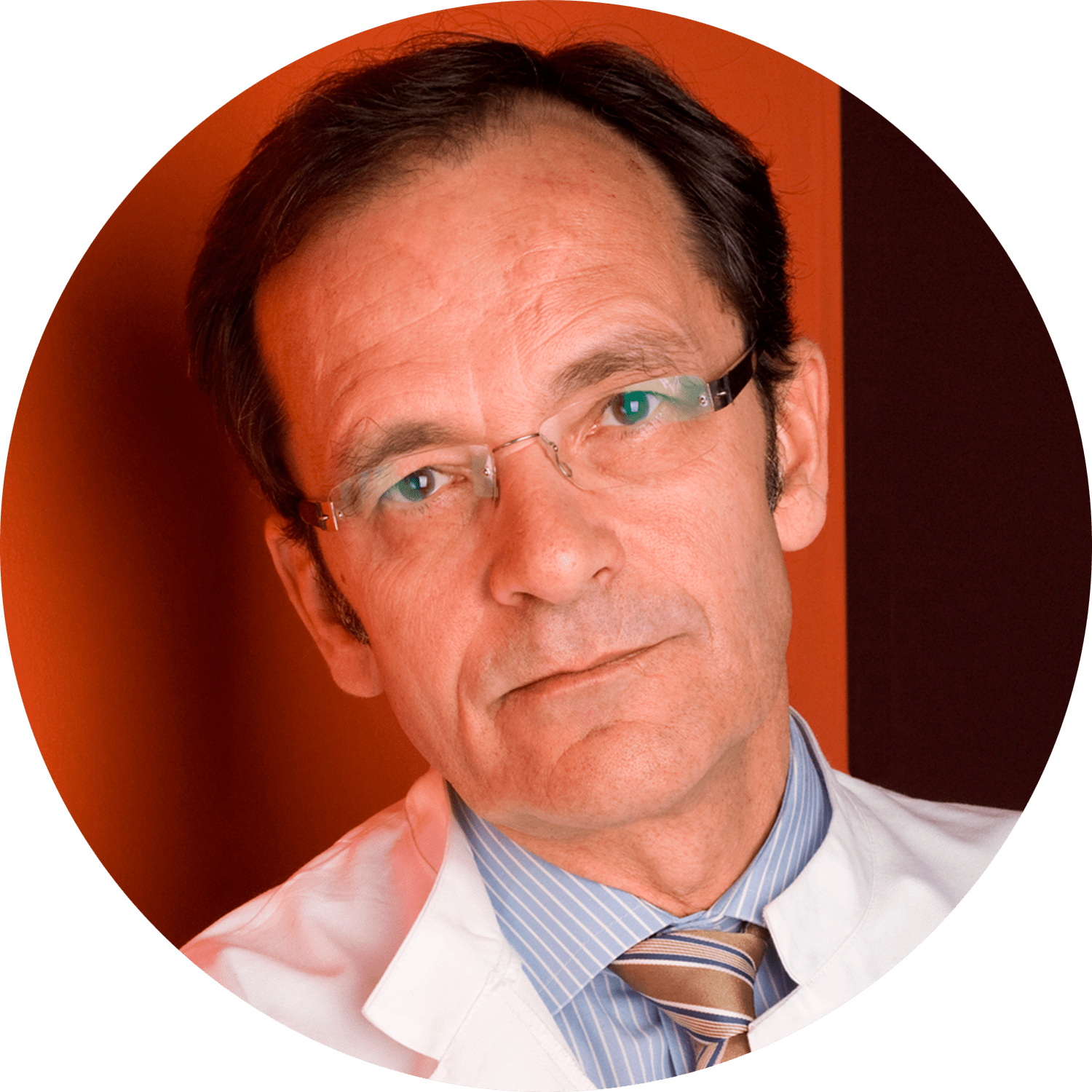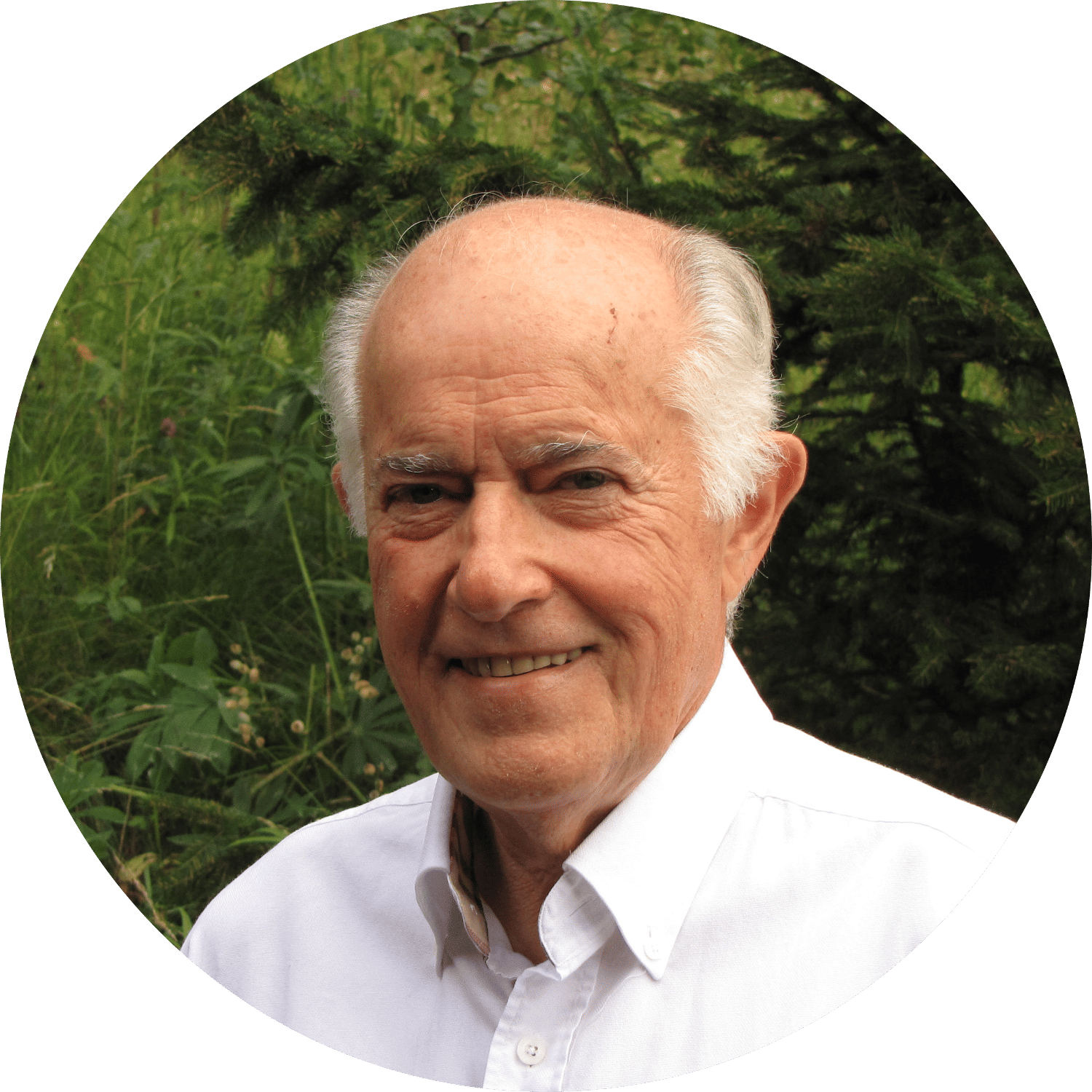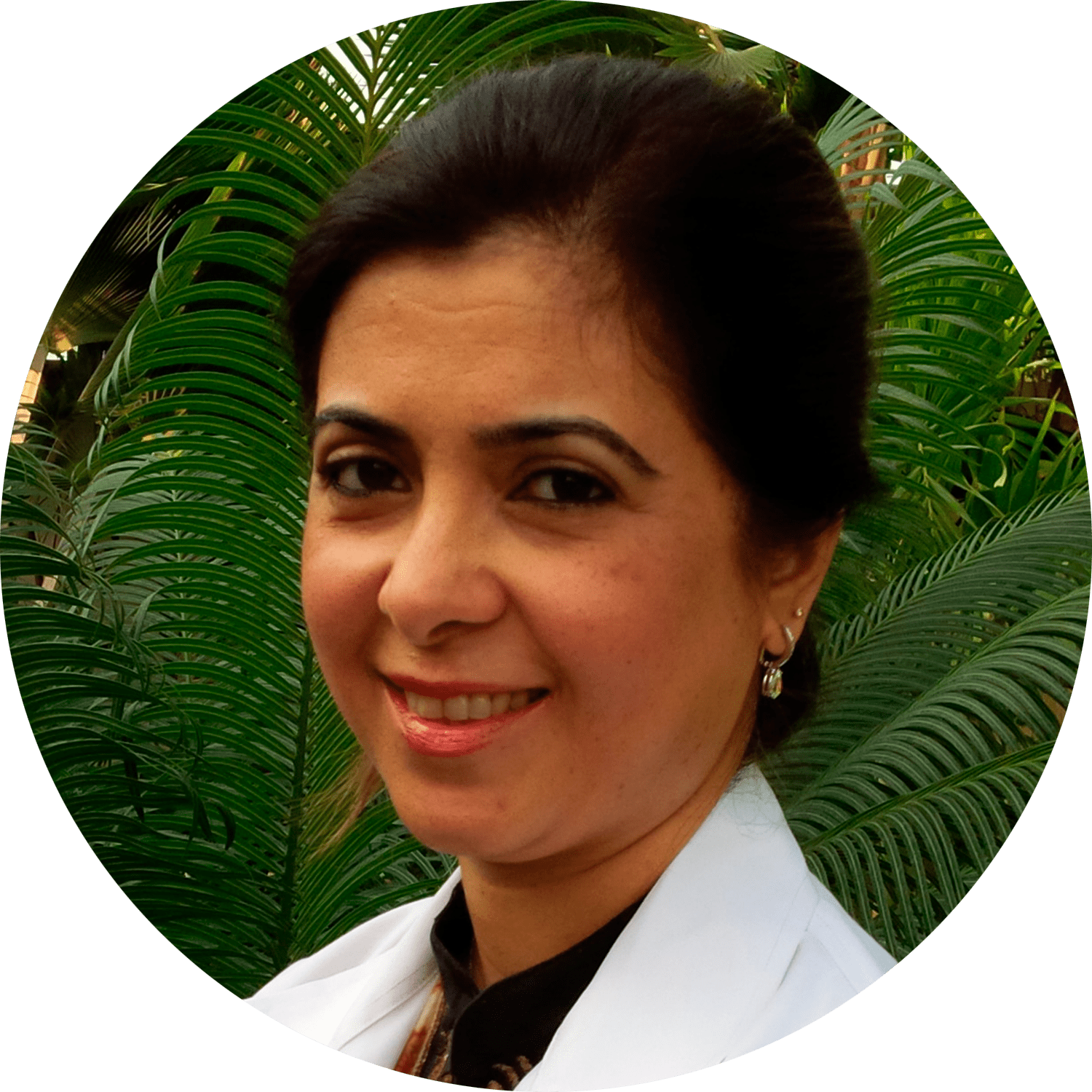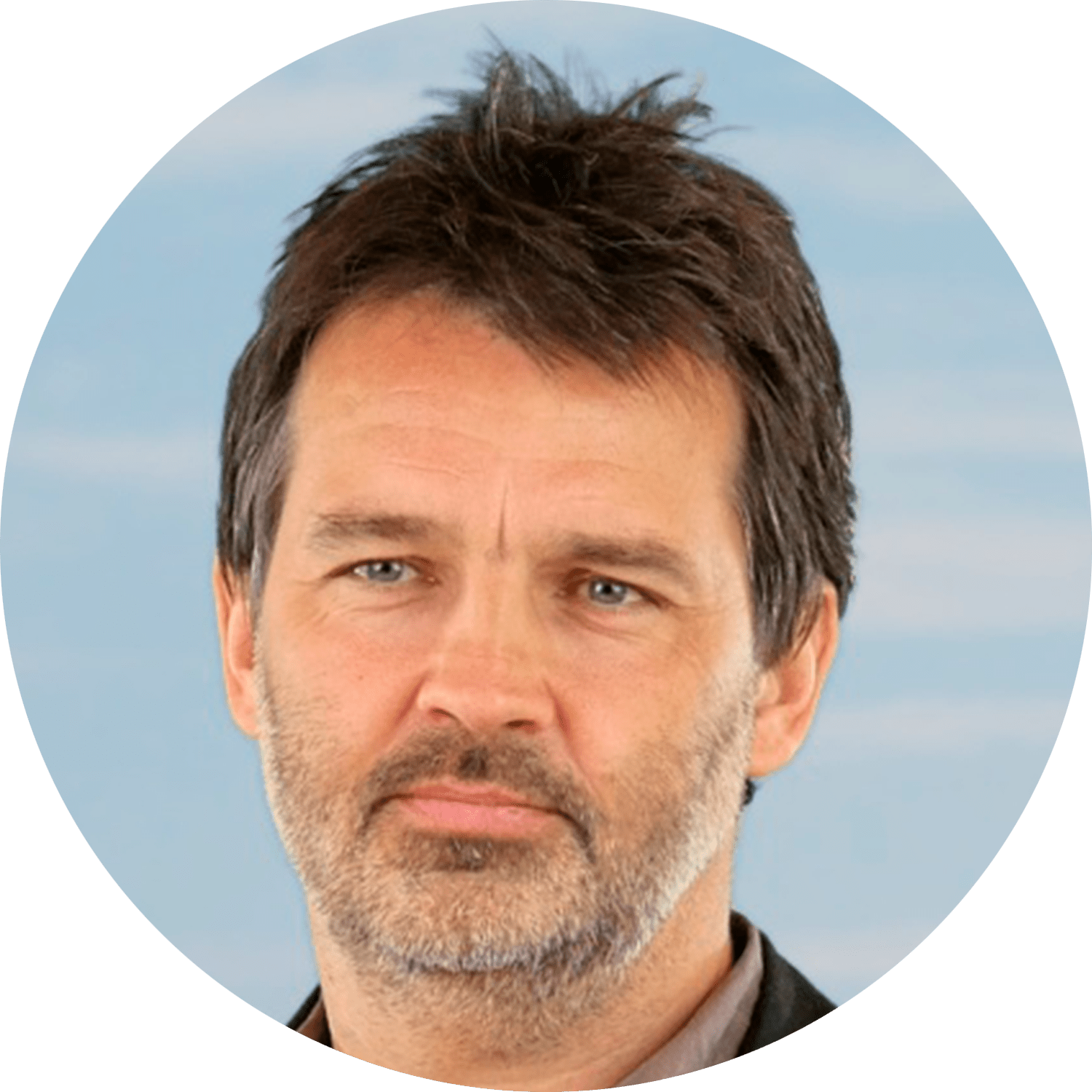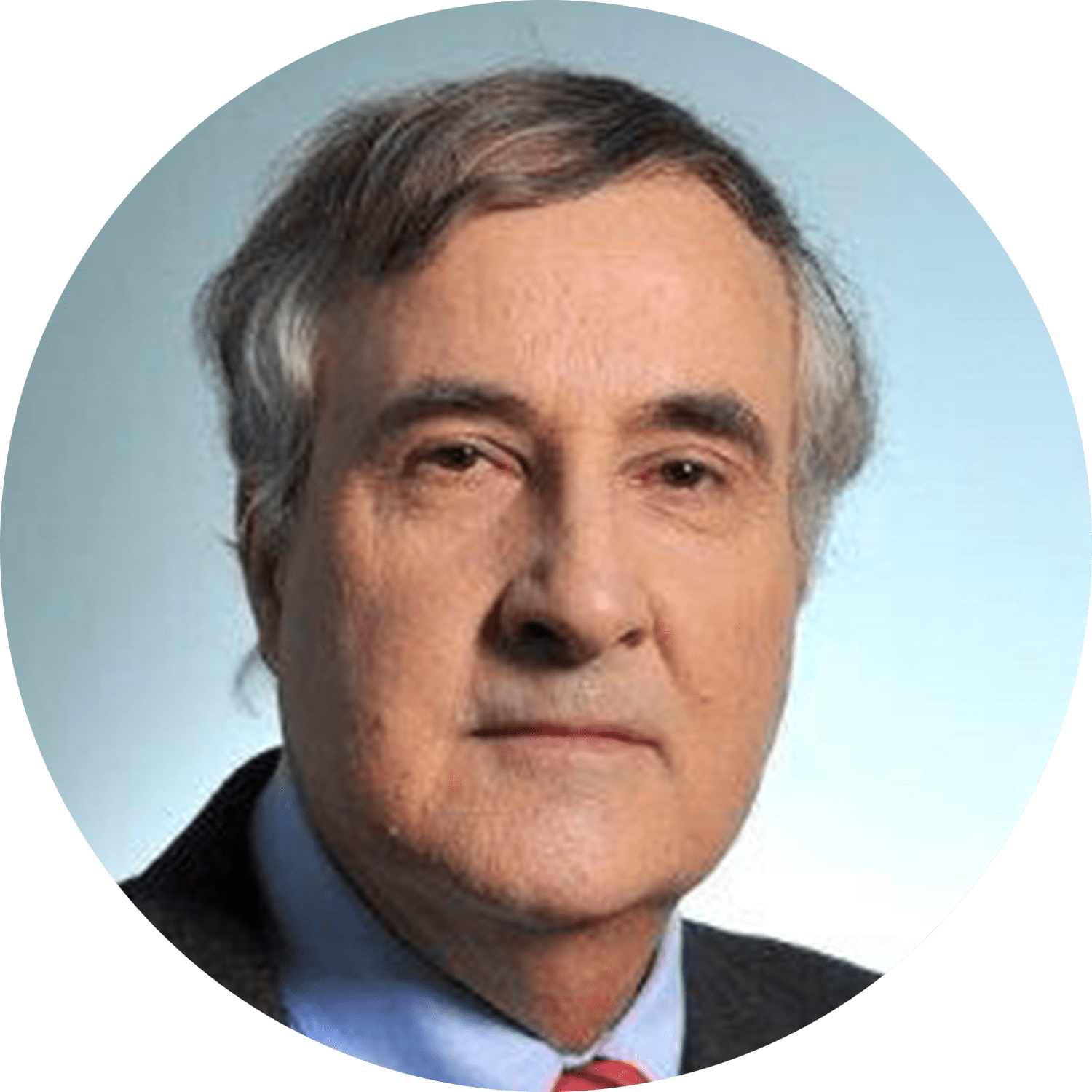Our Steering Committee
Pravin Amin, India
“Sepsis is always a serious, life-threatening condition, with mortality varying from 30-50% in the developed world. I suspect the mortality rates are similar, if not even higher, in developing countries. Ask most people “What is sepsis?” and your answer will be a blank stare. World Sepsis Day will indeed help to increase awareness, which will over the years reduce human toll of this tragic disease.”
Satish Bhagwanjee, United States
“I believe we can achieve a lot by creating awareness about Sepsis; knowing is the first step to changing behavior.”
Frank Brunkhorst, Germany
“Sepsis always starts with an infection. We should do our very best to prevent infection. Sepsis survivors suffer from serious mental and physical long-term sequelae. More research is urgently needed. We do research for your health.”
Vesna Bumbasirevic, Serbia
Today, in our struggle with Sepsis - the biggest enemy of every healthcare system, we can come out as winners if we engage each and every person in our society. Our task is to educate everyone to recognize the symptoms and to properly do their part of work urgently, without delay. That is the right path to the victory, as we were instructed by the World Sepsis Day Movement.
Jean carlet, France
“Sepsis is one of the most important public health issues of our time.Antibiotic therapy, which is the most important part of therapy, is more and more problematic due to a sharp increase in antibiotic resistance. Rapid diagnosis and therapy is the key of the success. It is of paramount importance that both the public and the health care professionals know better how to diagnose and treat sepsis. This needs a multi-disciplinary approach. I fully support World Sepsis Day, a very important way to reach those objectives.”
Phil Dellinger, United States
“As a bedside clinician and as someone who has spent the majority of his academic career devoted to education and research in sepsis, I recognize how devastating a disease sepsis can be. Unlike cancer and heart disease, sepsis remains underemphasized in the minds of the public and governmental agencies. World Sepsis Day will start a journey toward rectifying this problem.”
Janet Diaz, United States
“Sepsis matters because people are dying unnecessarily from treatable infections. Yet, we know that early appropriate treatment can save lives. WSD is a powerful opportunity to bring together the public, front-line clinicians, professional societies, hospitals, health care systems, academic institutions, public health organizations and health ministries to deliver one powerful message--sepsis matters and we can and will do better!”
Evangelos Giamarellos-Bourboulis, Greece
“I can never forget the first patient I met as a young resident, the one who drove me to join the fight against sepsis. He was a young man of 46 years dying in my hands of a urinary tract infection, even though he was administered antibiotics active against the isolated bacteria. I always remember the sense of bitterness of that drama. Every day, many patients die of sepsis for no good reason, and we still cannot help them. The solution: join forces with us and help us fight this battle.”
Luis Antonio Gorordo del Sol, Mexico
“Sepsis kills. I have fought against sepsis from the emergency room to the ICU, I am sure that ER it is the gateway for many patients with sepsis, we must insist on rapid recognition and energetic treatment - including vaccination, hand hygiene and rational use of antimicrobials - I fight against sepsis with research, by spreading knowledge and joining from Mexico to this global movement, because sepsis is an emergency!"
Madiha Hashmi, pakistan
“Critical care resources in low-middle income countries are scarce and managing multiple organ failure is daunting. I support WSD because if sepsis is diagnosed early and appropriately managed by the healthcare physicians in the community the burden on hospitals and intensive care resources to treat the complications of sepsis will be reduced.”
Jorge Hidalgo, Belize
Sepsis is a life-threatening event that can affect everyone and is, despite all the advances in modern medicine still a neglected cause of mortality worldwide. In 2012, the Global Sepsis Alliance established World Sepsis Day, and numerous efforts have been made to better understand the condition, with an emphasis to create public awareness to recognize signs and symptoms, to enable affected people to seek medical attention earlier. As the Belize Society of Critical Care, we are proud to be part of the Global Sepsis Alliance and World Sepsis Day since the beginning.
Edgar Jimenez, United States
“Sepsis respects no gender, no age, and no ethnicity. It can afflict anybody. It is the number one killer in intensive care units around the world, and only a well-coordinated global effort can overcome such a formidable foe.”
Younsuck Koh, korea
“As intensive/critical care physicians, we often try to save patients from severe sepsis in our ICUs. I agree with the aims of the GSA: to increase public awareness of the threat of sepsis to health, while also mobilizing the stakeholders to the battlefields of sepsis. Let's join the GSA activities and World Sepsis Day to realign our achievable goals toward further enhancing sepsis outcome.”
Imrana Malik, united states
“The mission of the Sepsis Collaborative at MD Anderson Cancer Center is to decrease mortality from sepsis through early recognition and prompt initiation of therapy in our highly susceptible and often immunosuppressed patient population. This mission strongly aligns with GSA's Vision 2020 goals, and our Collaborative proudly supports this vision and World Sepsis Day.”
Majid Mokhtari, Iran
“Despite the overall improvement in its diagnosis and management, sepsis remains one of the main medical challenges of our time. It still carries unacceptably high morbidity and mortality worldwide. World Sepsis Day provides an excellent opportunity to heighten the awareness to this deadly disease among general public, healthcare providers and politicians at a global level.”
Zsolt Molnár, hungary
“Severe sepsis is a life threatening condition, which can only be treated in intensive care units by devoted, well-trained intensive care specialists. To bring the standards of training and care in Eastern Europe up to Western European levels is of utmost importance. By supporting World Sepsis Day we demonstrate that we do want to join forces with our Western European colleagues and friends in order to help them in their crusade, and to show our people that we also want the same level of care for our patients and the same quality of training for our junior doctors in Eastern Europe.”
Terry Mulligan, United States
coming soon
Steven OpAL, United States
“Sepsis-induced organ failure and the adverse consequences of septic shock remain the major therapeutic challenges in the care of critically ill patients worldwide. Expert supportive care and early intervention with antibiotics and surgery, if needed, remain the mainstay of sepsis treatment. But we must do better. Mortality rates in septic shock remain high, and survivors often suffer long-term health consequences such as cognitive decline, increased risk of infection, and reduced functional capacity.”
Tom van der Poll, Netherlands
“I support the initiative declaring 13 September World Sepsis Day. Sepsis takes many lives both in the western world and resource-poor countries, and it affects children and adults alike. I sincerely believe that World Sepsis Day will increase awareness of this devastating syndrome.”
Khalid Shukri, saudi arabia
“Sepsis is a killer and considered a medical emergency. It is the leading cause of death. It kills every 3 to 4 seconds in the world despite advances in modern medicine but can be treated if diagnosed early. People throughout the world must become aware of this lethal condition. With our full support to the World Sepsis Declaration it is our responsibility as humans, physicians, advocates, parents and community members to spread awareness by education.”
Sunit Singhi, India
Increasing awareness about sepsis is absolutely crucial to effectively fight the killer sepsis.
Charles Sprung, israel
“Sepsis is a devastating illness that kills people every day around the world. It causes great pain and suffering for patients and their families. Physicians MUST unite and provide worldwide action to end this scourge. We MUST become more proactive in implementing the World Sepsis Declaration. We MUST recognize sepsis earlier, increase survival rates of sepsis patients through better prevention and treatment, implement international sepsis guidelines, and educate professionals, policymakers, and the public about sepsis to increase awareness of this catastrophic silent killer.”
Murat Sungur, turkey
“I support WSD because even today, no hospital in Turkey has a program for sepsis awareness program, early sepsis diagnosis, or treatment protocols. I want to help to lower sepsis mortality rates by establishing sepsis public awareness programs and sepsis treatment protocols in Turkish hospitals.”
David Sweet, Canada
I support World Sepsis Day as it is a step toward global recognition of the impact sepsis has on all our lives. We need the public, health care professionals and government agencies to truly become aware of its importance. Only then will we see the appropriate support, resources and research allocated to this disease.
Sebastian ugarte, Chile
coming soon
Jean-louis vincent, belgium
“As an intensivist, I see the impact of sepsis on patients' lives on a daily basis. Sepsis is one of the leading killers in our ICUs and, worryingly, the number of cases of sepsis is increasing around the globe. Rapid diagnosis and early appropriate antibiotic treatment and resuscitation can already make a big difference to outcomes, but we urgently need new effective treatments for sepsis. I support World Sepsis Day as an important initiative to spread the word. Let’s make sure everyone knows what sepsis is.”



